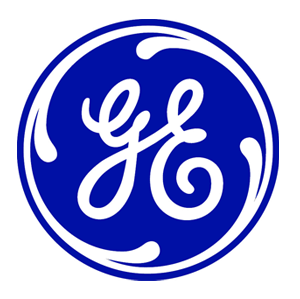Ich Bin Ein Jenbacher: Massive Gas Engine to Help Germany Power Through Energy Transition
Ich Bin Ein Jenbacher: Massive Gas Engine to Help Germany Power Through Energy …
Europe’s beating industrial heart, Germany, will lose as much as fifth of its lifeblood electricity over the next decade as the country pulls the plug on nuclear reactors. A process called Energiewende will replace nuclear power with a combination of electricity from natural gas and renewables.
The idea is simple, but not the execution. Nuclear plants feed the electrical grid with crucial “base load power,” the minimum amount of electricity that must flow through the grid for the country to run. Unlike wind or solar electricity, which ebb and flow with the whims of the weather, base load power must remain reliable and always on. “Germany has to make up for all that base load power generation,” says Scott Nolen, product line leader for power generating gas engines at GE Power & Water. “The country also has very high targets for renewable power. But we’ve built a new engine that can take care of both.”
Nolen is talking about a new J920 FleXtra gas engine from GE’s Jenbacher line. It is the largest and most-efficient engine GE has ever built. At 9.5 megawatts, the engine, which is part of GE’s ecomagination portfolio, generates more than twice as much power as other GE Jenbacher gas engines. It converts nearly half of the energy from burning gas to electricity (48.7 percent), another company record, and can supply customers with heat and hot water. The engine’s combined power and thermal efficiency can reach as high as 90 percent. “This is the first blank-sheet-of-paper engine design that GE’s Jenbacher business has done in a long time,” Nolen says. “This is not a scaled up engine, this is not an improvement on an engine. This is the most efficient simple cycle engine in GE’s portfolio.”

